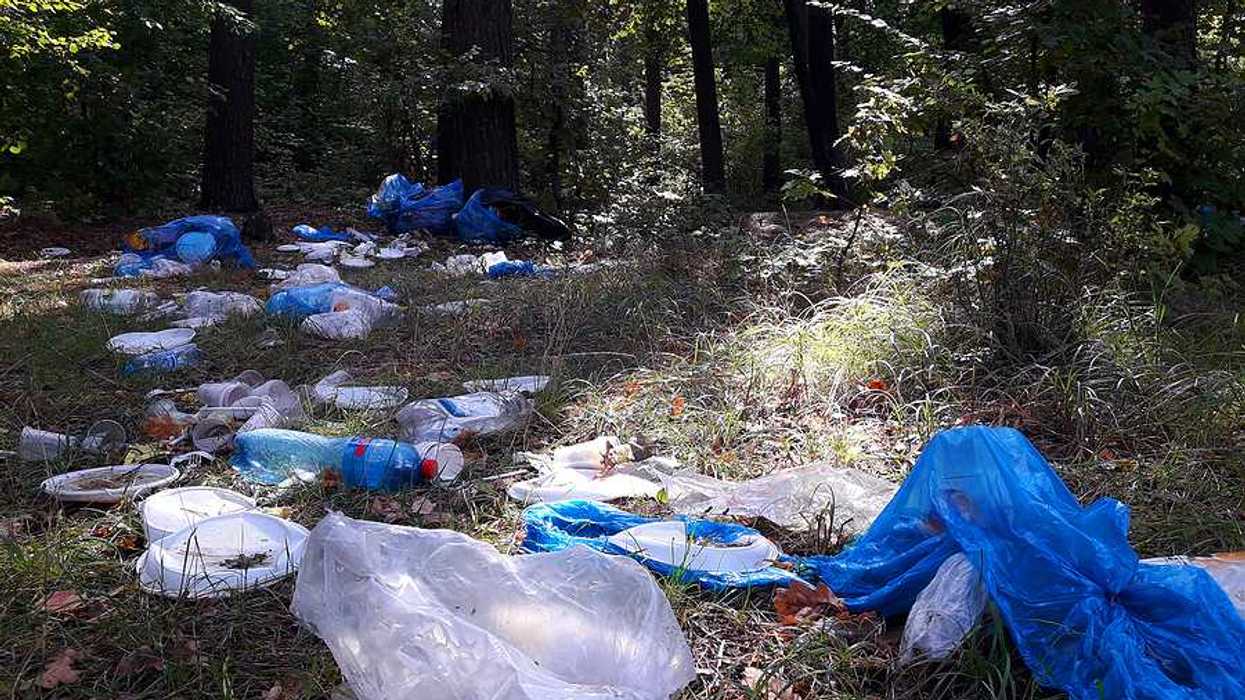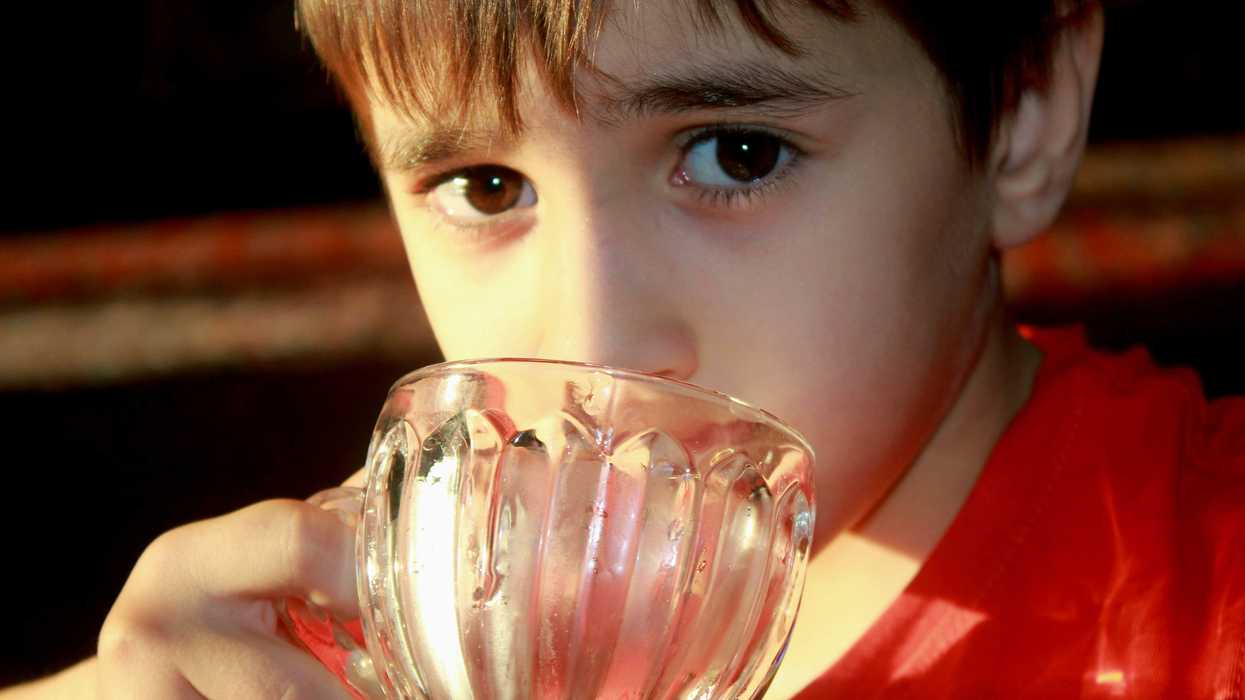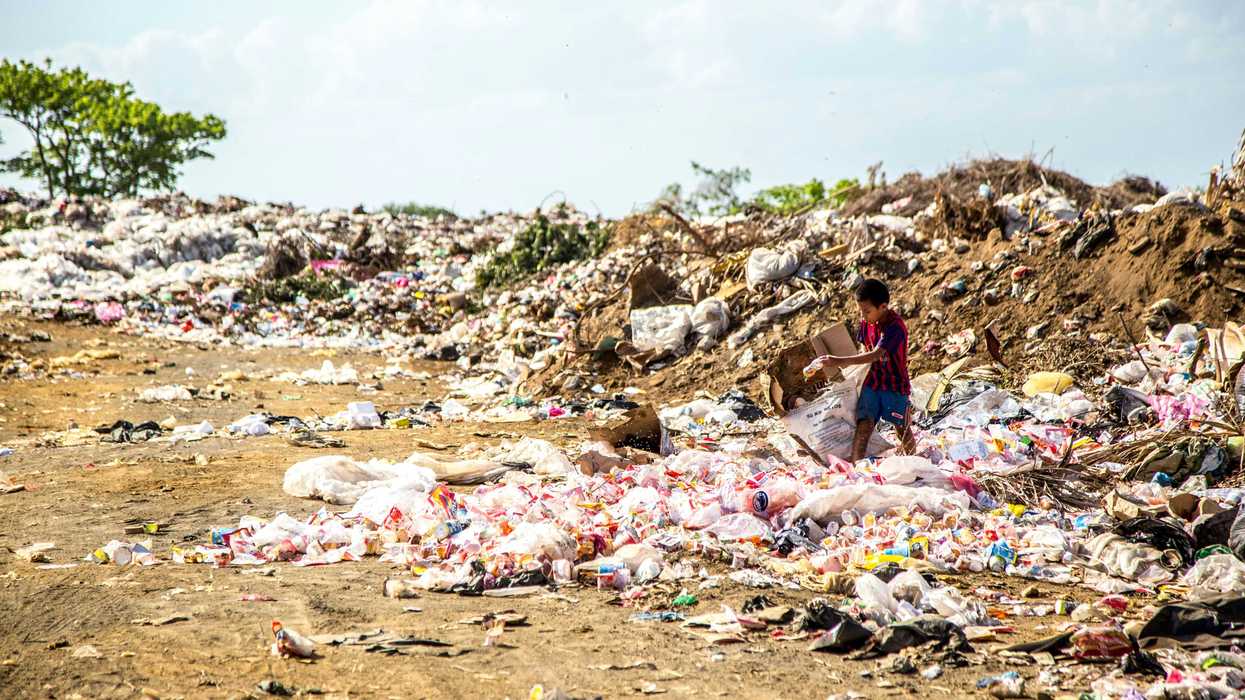From meth-addicted fish to aggressive birds, human pharmaceuticals are significantly altering animal behaviors and ecosystems.
Patrick Greenfield reports for The Guardian.
In short:
- Pharmaceuticals and illegal drugs in waterways are causing addiction, anxiety, and sex reversal in various animal species.
- Female starlings on antidepressants attract fewer mates, while contraceptive pills cause sex changes in fish, leading to population declines.
- Researchers call for urgent reform in drug design and improved wastewater treatment to prevent further environmental harm.
Key quote:
"Active pharmaceutical ingredients are found in waterways all around the globe, including in organisms that we might eat.”
— Michael Bertram, assistant professor at the Swedish University of Agricultural Sciences
Why this matters:
Pharmaceuticals enter the environment through various pathways, including wastewater treatment plants that are not fully equipped to filter out all contaminants. As a result, drugs like antidepressants, painkillers, and antibiotics can end up in rivers, lakes, and even the soil. Drug pollution in ecosystems disrupts wildlife behavior and reproduction and poses potential risks to human health through the food chain.














